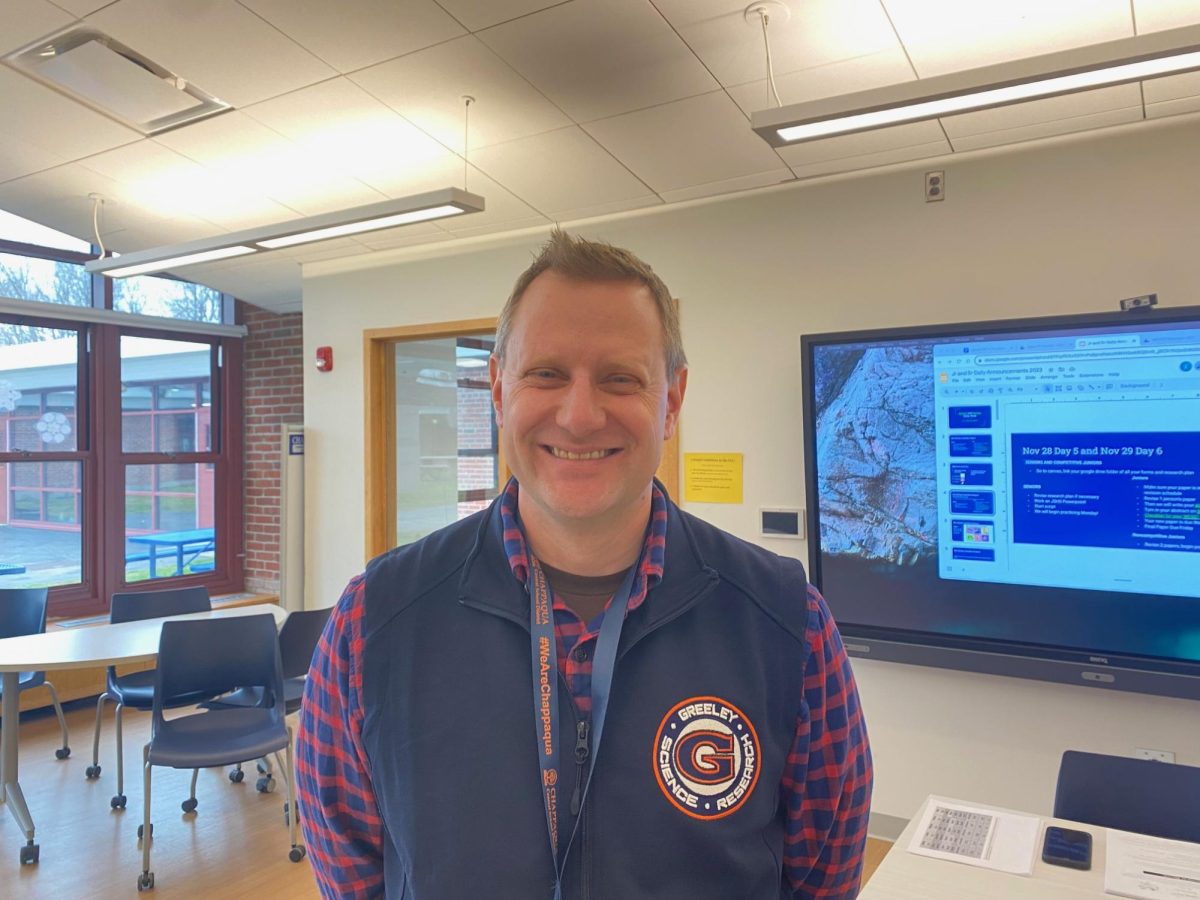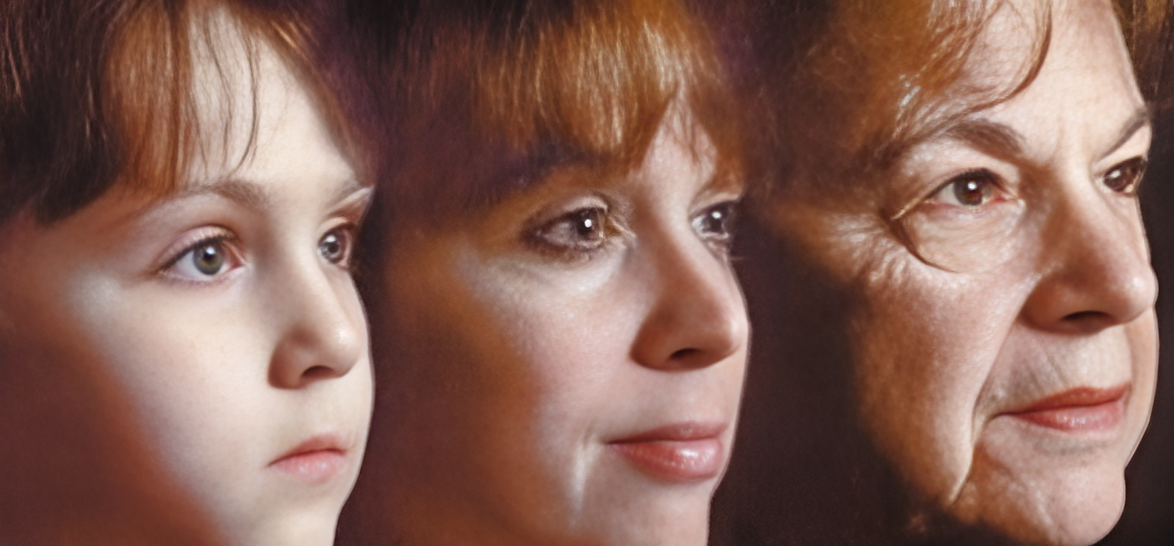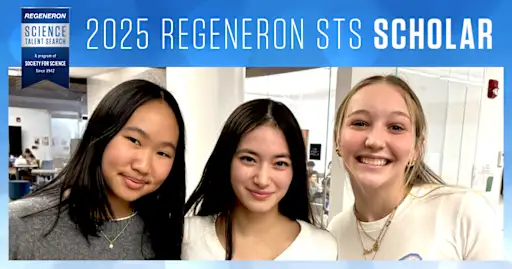This year, Greeley welcomed four new teachers in the STEM departments, including Mr. Zupan, one of the school’s science research teachers. Let’s get to know him better both inside and outside of the classroom!
Q: What are some hobbies you like to do outside of work and how do you think they have contributed to you as a person or how you work as a teacher?
A: I like puzzles, escape rooms, any of that kind of stuff, and I also like running marathons, I’ve done ultras, full marathons, half marathons—half marathons are my favorite—and I think both of them have this kind of “mental over miles” attitude…That is something I would call my mantra. So, my body may give up way before the end of that race, however, mentally, I know that I can keep going, and so I think that helps me so I can push myself in everything, so when things get really stressful I still feel like I can keep going.
Q: What is your history as a teacher, what other schools have you taught at, and what have you gained from those experiences?
A: This is my 19th year of teaching. I taught for one year at Clarkstown South, and then I got another opportunity to teach much closer to home up at Putnam Valley New York, and I taught there for 18 years. Teaching at Putnam Valley was very interesting because I used to go to school there, so being a student and then a teacher was very eye-opening…I loved the staff and the students there, and it also taught me to really push myself and advocate for my own mental health. And so when an opportunity opened up here, I knew how well this community really focuses on science…I was so excited [that] I went when the opportunity opened up so I could come here and teach research.
Q: What made you want to be a teacher, and why science research?
A: I originally wanted to go to school for pre-med. I took my MCATs and everything, and I was volunteering at Hudson Valley hospital, and I was tutoring, and I was teaching ballroom dance in college for extra money, and my professor, who I adore, who I still keep in contact with, he was like “why are you going into being a doctor? You tutor half [of] my students, you tutor at home, you substitute teach, you teach ballroom dancing…do you see a theme here?” And it was this kind of eye-opening moment where I was like, “yeah, I love all the teaching parts of it, and I wasn’t enjoying the volunteering at the hospital as much as I used to, and I think having someone I really look up to saying “do that” is the thing I want now. I love that when [I’m] teaching, students come back and say something that they learned in my class, they utilized in college or beyond. And research, because it’s such a great opportunity to see science in action, instead of just like learning about science—it’s actually putting into practice and doing something brand-new and learning, presenting, and writing and how to just be a professional in the field—[these skills], I think are all things I, again, wish I would’ve learned in high school, or even in undergrad. It’s so nice to be able to do that and push students farther than I thought they could go.
Q: What do you like most about Greeley so far?
A: I would say the mutual respect with everybody. Coming in brand new, and also being almost my 20th year teaching, I was expecting a lot of people to either have a chip on their shoulder or students not being very receptive to a new person coming into the program, and that’s definitely not the case. Everyone’s been so helpful and so understanding and willing to help, and there’s a lot of levels of help from a professional standpoint, and people in my department don’t necessarily need to help me, but they’re like, “yeah, I can help you, what do you need?”, which is really amazing and it’s really awesome to see.
Q: How has your teaching experience at Greeley been different from your teaching experiences elsewhere?
A: I want to mention again the emphasis on science and college prep is evident everywhere, from the schedule to no bells to just the amount of work that is assumed on a student—I think [it’s all] really awesome from a college prep perspective. It’s not like you just assume you’ll learn how to do all these things when you get to college. It is actually practiced here, and I think that is amazing and I’m very jealous. I wish I had that when I was going into college.
Q: What is one value, such as inclusion, that you encourage in your classroom? How do you do so?
A: I think that a big mantra for me is “community”. We are a community. Simple things like asking for feedback on a lesson… It could just be a simple, single-day lesson and I might say, “did you guys find that beneficial? What did you like about it? What did you not like about it?”, and being okay with having a student tell me, “No, this wasn’t helpful, and this is why.” I think some teachers may have a hard time with that. New teachers [especially] may have a hard time with someone…being really negative about a lesson, but I think it really offers an opportunity to make it better, or just scrap it completely the following year, and it makes the overall [class] better. Also, I think that simple things like, “how do you say your name?” and apologizing when you get that wrong is showing that you’re not just a line on the attendance sheet, you know, you’re something else.
Q: What would you like your future students to know about you and what should they expect from you?
A: I would say that I have very high standards, and it is a lot of work to be in research—it always is—but if you’re passionate about something, and you’re willing to put the work in, then you’ll do fine.







